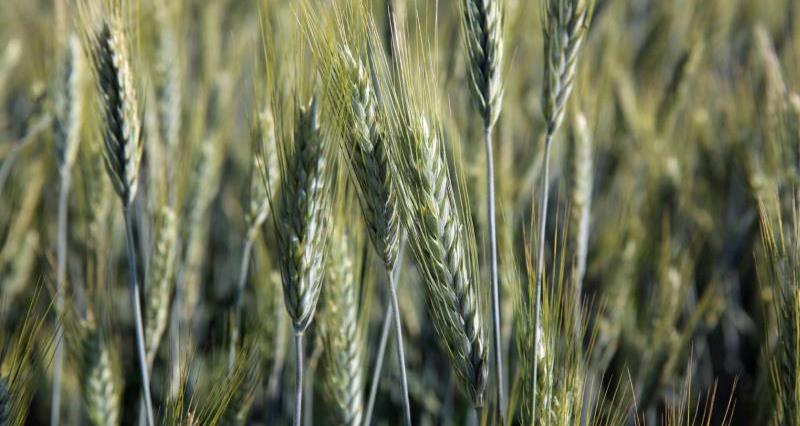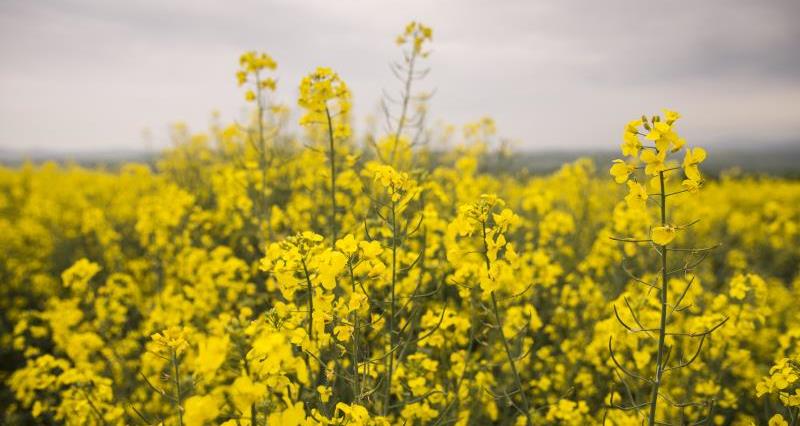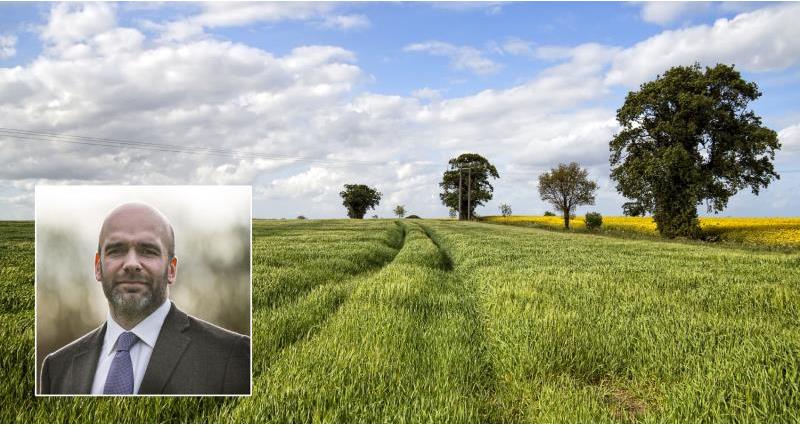He writes:
At the beginning of February, I accompanied National Crops Board chairman Mike Hambly to Copa Cogeca Working Party meetings on cereals, oilseeds, protein crops and seeds. The agendas were packed with a broad range of critical issues to the European and UK arable sector. Here’s just a quick rundown on some of the key elements.
Challenging crop conditions for many European farmers
Just like at home, weather conditions on the continent have been largely challenging since the autumn. This has impacted the ability of farmers to plant crops, shifted more land toward spring cropping as well as impacting established crops.
At the headline level, the Copa estimate suggests a 1.4% drop in the cereals area for 2018. Much of the decline can be attributed to poor weather and production economics. In Spain, Portugal and Italy lack of rain is the real theme and the next few weeks will really shape final spring cropping decisions. Further north, too much rain has been the problem, which has delayed maize harvest, prevented farmers from getting on with autumn planting and increased reliance on spring cropping. Supportive weather in 2018 is more important than usual to nurse crops through.
Despite the increased reliance on spring cropping, there didn’t appear to be huge concern over the availability of seed. Anecdotally, I’d put this down to the ease at which seed can move around the EU to where it is needed. In the grand scheme of things this might be seen as a niche area, but an important one for a post-Brexit arable industry.
I was particularly interested to see how Poland was reacting to the challenging conditions. Traditionally with a wet autumn, we would expect to see the Poles upping the spring barley area. Now though, the interest in both maize and soyabean is on the up, which is testament to the upskilling that has been seen in the Polish arable industry over the last decade.

Protein paradox
I was encouraged to hear that the Commission is keen to develop the protein crop market to try and address the huge supply and demand deficit. The EU is of course hugely reliant on soy imports and there should be an opportunity for farmers to start displacing these.
However, with the pulse area understandably lower in 2018 (due partly to restrictions facing plant protection products on EFA crops), and the challenges faced by oilseed rape and biofuels, it is easy to feel a little bit sceptical about what the practical outcomes could be.
Spring pulses (combinable and forage) could become an increasingly important tool in arable rotations to help manage black grass, reduce the oversupply of barley, target high value export markets and displace imports of soya. It’s interesting to see that 16 Member States of the EU provide Voluntary Coupled Support for protein crops – the UK is not one of them.

Battling for biodiesel
There are two big issues currently facing the future of the EU biodiesel industry.
Firstly, and broadly impacting all renewable energy, is the Renewable Energy Directive for the post 2020 period. This has now been discussed at the EU Parliament, Commission and Council. In the build up to this, the NFU has been actively lobbying. Further discussions progress this month and although there is broad consensus on overall renewable energy sources, there is some difference in views towards crop-based fuels. Use of palm oil in EU biodiesel is also a hot topic with some suggestion of a 0% cap come 2021.
The second major issue facing the biodiesel sector is WTO complaints regarding EU anti-dumping duties. The first complaint came from Argentina with a subsequent lowering of tariffs. The next one stems from Indonesia, which is now in legal process. Imports of biodiesel into the EU clearly do nothing to support protein production and risks undermining sustainability standards.
Final comment
It was in some ways reassuring to meet other European farming organisations to understand the detail behind the shared issues we all face – political, economic or climatic.
